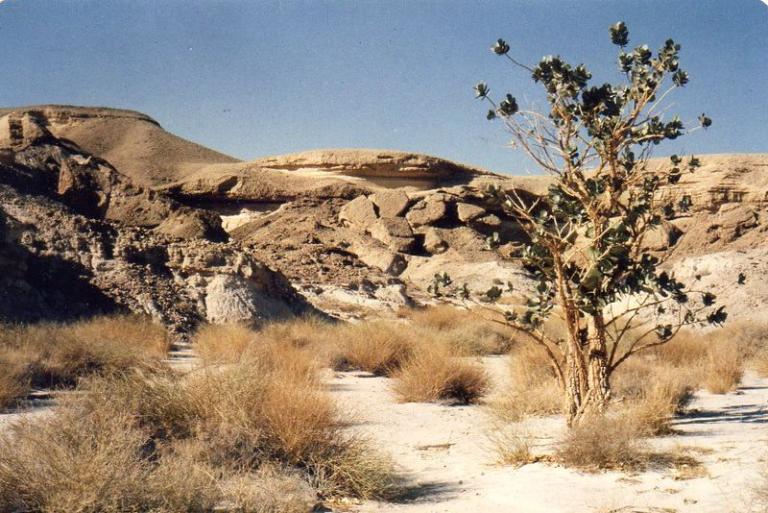
Carrying on with a brief passage from the book that I’ll eventually issue:
But it was not only the Jews who rejected the claims of the new prophet. The Qur’an describes both Jews and Christians as claiming that they are the only ones who will enter paradise. To this, the Qur’an responds that whoever “surrenders” (aslama) to God and does works of righteousness will be rewarded and need not fear.[1] Indeed, the Qur’an claims to go back beyond Judaism and Christianity, to a time before either one had come into being, to the more basic faith that underlies both.[2] “They say: ‘Accept the Jewish or the Christian faith and you shall be rightly guided.’ Say: ‘By no means! We believe in the faith of Abraham, the upright one. He was no idolater.’ Say: ‘We believe in God and that which is revealed to us; in what was revealed to Abraham, Ishmael, Isaac, Jacob, and the tribes; to Moses and Jesus and the other prophets by their Lord. We make no distinction amongst any of them, and to God we have surrendered ourselves [muslimun].”[3] The Christians and Jews, according to the Qur’an, have distorted that original revelation, that pure submission (islam), and now they quarrel with one another over issues that neither one of them really understands. “The Jews say the Christians are misguided, and the Christians say it is the Jews who are misguided. Yet they both read the Scriptures. And the pagans say the same of both.”[4] This is almost precisely the comment made by Joseph Smith about the warring sects of his day:
They “understood the same passages of scripture so differently as to destroy all confidence in settling the question by an appeal to the Bible.”[5] And in each case, the solution was not to tinker with what the sects of the day taught, but to restore the truth in its ancient purity, to go back to a time before it was corrupted.
[1] 2:111-12.
[2] Much as the apostle Paul seems to do in Galatians 3. In doing this, clearly, Muhammad could draw on the awareness of Abraham and Ishmael that was, as we have seen, already present among the Arabians.
[3] 2:135 36; compare 3:84.
[4] 2:133.
[5] Joseph Smith—History 1:12.
***
A recent statement from the Church explains well one of the reasons that I do what I do with regard to Islam:
Posted from Carmel, Indiana











